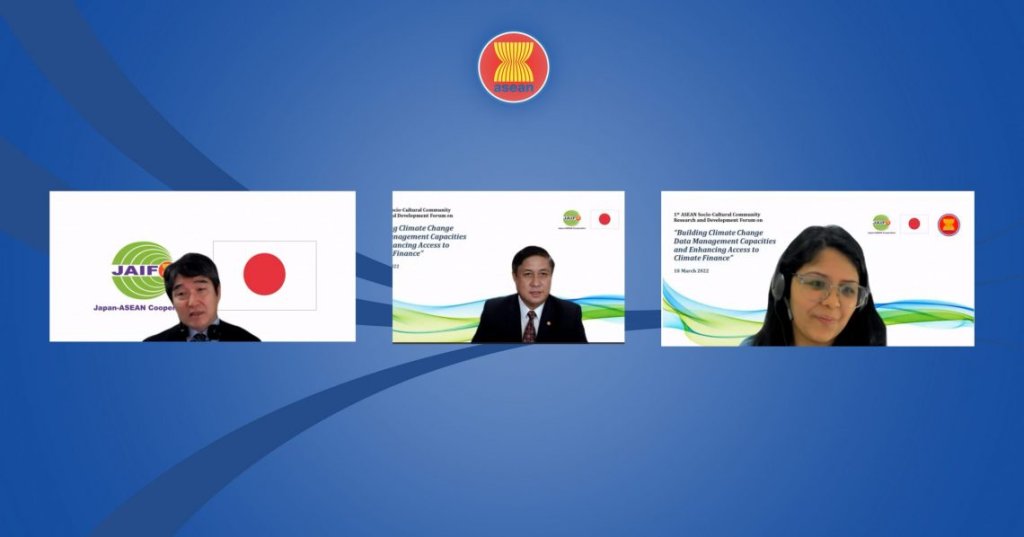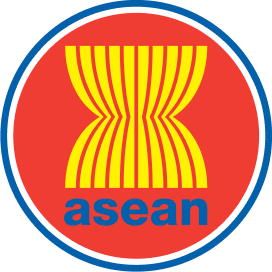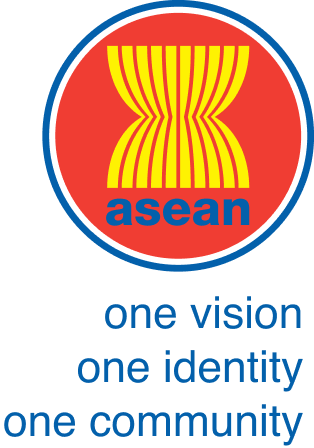



 JAKARTA, 18 March 2021 – The “Building Climate Change Data Management Capacities and Enhancing Access to Climate Finance” Forum was the first of a series of discussions from the ASEAN Socio-Cultural Community (ASCC) Research and Development Platform Programme.
JAKARTA, 18 March 2021 – The “Building Climate Change Data Management Capacities and Enhancing Access to Climate Finance” Forum was the first of a series of discussions from the ASEAN Socio-Cultural Community (ASCC) Research and Development Platform Programme.
The forums aim to bring evidence-based research and insights to support ASEAN sectoral bodies in developing and implementing their activities. The programme is supported by the Government of Japan through the Japan-ASEAN Integration Fund (JAIF).
“Climate change and solutions will remain a key issue for ASEAN beyond ASEAN’s Vision 2025. Much more can be done, and there are consistent calls for the acceleration of climate action in our region”, said Ekkaphab Phanthavong, the Deputy Secretary-General of ASEAN for the ASCC, at the Forum.
Over the years, ASEAN has committed to addressing climate change, through multi-sectoral dialogue and activities involving key partners sectors such as agriculture, forestry, energy, transport, disaster management, and finance.
Such commitments to the global and regional climate agenda are further strengthened to achieve net zero transition targets by 2050 as conveyed during 26th UN Climate Change Conference of the Parties. Further, activities under the ASEAN Environment sector have enabled ASEAN to foster strong partnerships with regional and global partners to support building local capacities, initiate sustained climate investments, and facilitate knowledge and technology exchanges.
At the forum, Naoki Minamiguchi, the Director of JAIF Management Team (JMT), noted that the Research and Development Platforms Programme funded by JAIF aims to “assist ASEAN Member States (AMS) to build climate change data management capacities and to enhance access to resources needed to address climate change adaption and mitigation.”
He also emphasised the importance of actionable sets of policy tools and innovative methodologies or guidelines to measure progress around specific climate change indicators.
The forum discussed the challenges and policy implications of building climate change data management capacities and enhancing access to climate finance for AMS. Speakers from the ASEAN Centre for Energy, the Ministry of Environment and Water Malaysia, the Asian Development Bank, and the Economic Research Institute for ASEAN and East Asia provided the outlook and way forward for ASEAN in these two areas.
The group discussion on climate change data management discussed the challenges, opportunities, and widespread applications of climate change data including to achieve NDC targets. Meanwhile, the climate financing group discussion suggested that although the expected demand for climate financing is on rise, the speed and scale of funding for development has yet to catch-up.
Public finance, while pivotal, is inadequate for financing AMS climate-resilient infrastructure of US$210 billion annually between 2019 to 2030, as estimated by the Asian Development Bank.
The key focus areas that were identified to improve access to climate finance include effectiveness of public financing, incentivising private sector financing, strengthening regional coordination on financing and investing in capacity building, enhancing ability to set up baseline, manage data collection and reporting.
Blended financing initiatives provided by international organisations and Multilateral Development Banks and private sector obligation were recommended to be sought and utilised.
Further to private sector involvement, the existing Corporate Social Responsibility should foster innovative business models utilising the Triple Bottom Line principle balancing business approach between people, planet, and profits.
At the end, the forum concluded the need to address three main challenges in both building data management capacity and access to climate financing: data uniformity, connectivity, and complexity.
Practical and possible policy tools for decision-makers, national leaders and practitioners/experts were proposed to address the sector-related policy issues in ASEAN. These are the building blocks that would help ASEAN achieve its ultimate goals of climate-friendly and resilient community towards 2025 and beyond.
Representatives of the ASEAN Senior Officials on Environment, ASEAN Committee on Women, ASEAN Commission on the Promotion and Protection of the Rights of Women and Children, Senior Officials Committee for the ASEAN Socio-Cultural Community, ASEAN Economic Community Department divisions, ASEAN Centre for Biodiversity, ASEAN Specialised Meteorological Centre, and Japan-ASEAN Integration Fund Management Team, were among those who attended the event.









